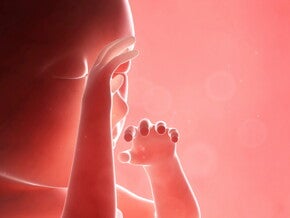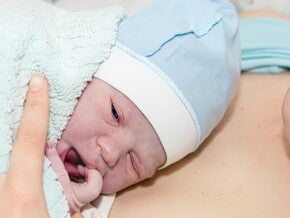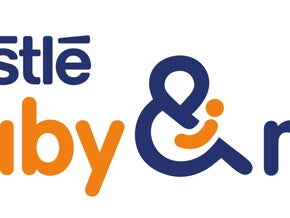
Father’s role
Sharing the adventure of pregnancy, birth and parenting can make this one of life’s most rewarding experiences.
The first step towards fatherhood is to accept pregnancy and birth as a period of change. You may have conflicting and intense emotions to deal with as you come to terms with this major developmental stage in your life. It is important to keep the channels of communication open between you and your partner.
Men differ in their amount of involvement and participation, and many are now much more actively involved than their fathers were.
Meeting and discussing common concerns with other expectant couples can be reassuring and may assist you in developing support networks for your parenting years.
As pregnancy, birth and parenting are physically and emotionally demanding, preparation is essential. Knowledge and understanding of what is involved, and being able to recognise your partner’s needs, will increase your confidence and help you to give her invaluable support. All this can be achieved by attending childbirth education classes.
You need to decide whether you will be present in the delivery room for the birth. In some cultures, the father’s presence at the birth is discouraged. Some fathers dislike feeling helpless as they witness their partner in pain. They feel apprehensive and scared of fainting or getting sick, or being negatively affected by the sight of the birth. Most fathers who are adequately prepared find it a most moving experience, which they would not have missed.
To learn more about the father’s role during birth, click here.
Consult a childbirth educator or childbirth associations for more information.
Related articles


Labour
As labour starts, a mother’s mood changes and she becomes less aware of what is happening outside her body, and more aware of what is happening inside her body.
5 mins to read

Nutrition during pregnancy
By taking responsibility for your body, you can maximise your level of wellbeing and enjoy good health.
Good nutrition is of the utmost importance during your pregnancy
5 mins to read

The third stage of labour
This stage lasts from the birth of the baby until the placenta is delivered, usually from 5–20 minutes.
5 mins to read

Personal considerations
You may need to consider some personal issues before you become pregnant.
1 min to read

Checklist - maternity ward suitcase
*Check whether the maternity ward has a list of the items you will need.
Items for hospital stay
5 mins to read

Medication for pain relief
In a normal, uncomplicated labour and delivery, the use of medication is not always necessary. Your own resources are often enough.
5 mins to read



Signs of labour
The following signs of labour may occur in any order.
1. Progressive contractions
5 mins to read


Vaginal birth
In most instances, the baby’s head is the presenting part that moves into your pelvis before labour begins.
5 mins to read

Labour support
Labour support is a concept that has been around for thousands of years.
5 mins to read

Contact your doctor
What signs and symptoms during pregnancy to be aware about.
5 mins to read

Protein in Pregnancy
Protein (and the amino acids within) is the most important building blocks for all human cells. Given the rapid cell development of your baby-to-be it should be an essential part of your diet.
5 mins to read

Unexpected outcomes
All parents worry about the possibility of complications such as prematurity, abnormality, stillbirth and neonatal death.
5 mins to read


Tips to budget for baby
There are many factors to consider before dedicating yourself to raising and budgeting a child for the next 18 years or more.
5 mins to read

First visit
A detailed medical history, of you and your partner, will be recorded at your first prenatal visit.
2 mins to read